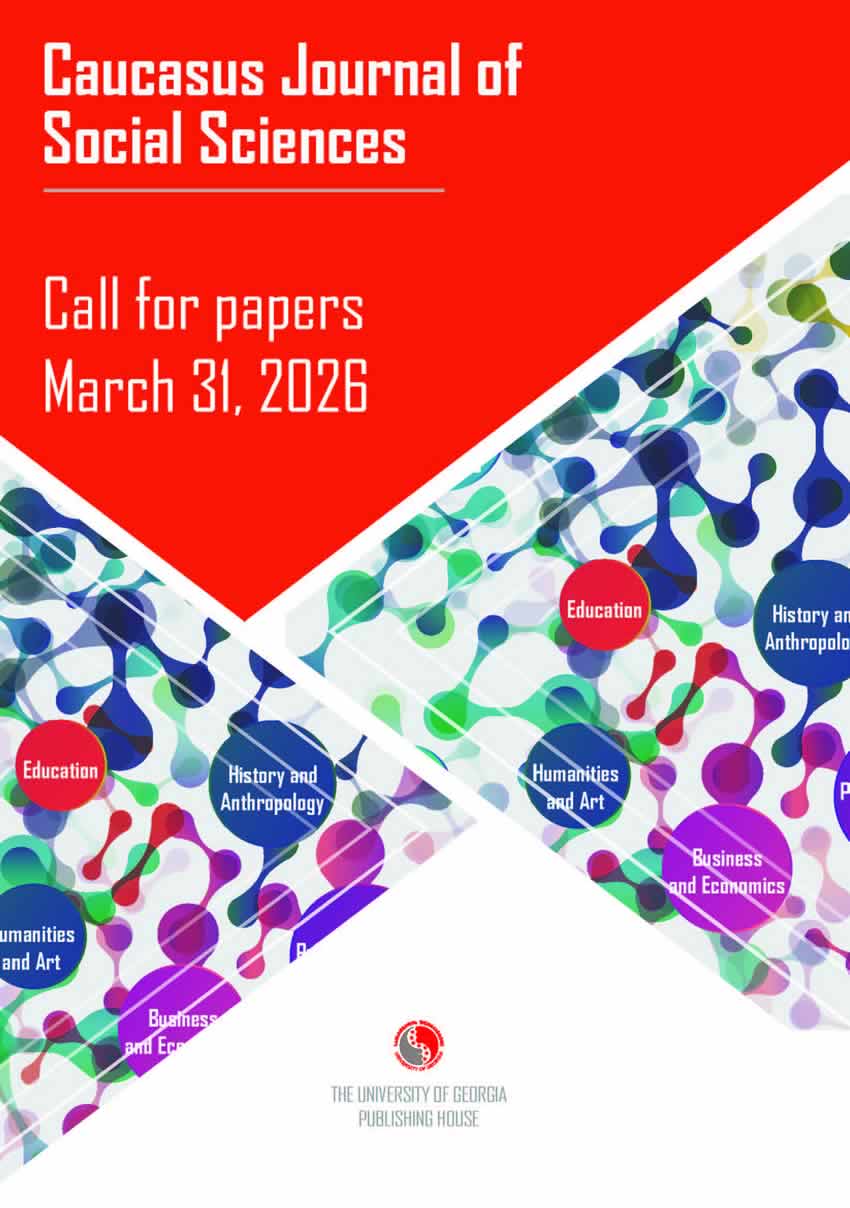Labor Market Outcomes in Georgia: The Effect of Education on the Probability of Participating in the Labor Force, Being Employed and Getting High Returns
DOI:
https://doi.org/10.62343/cjss.2014.137Keywords:
Labor Force Participation, Unemployment Rate, Education Levels, Self-Employment, Human Capital Theory, Labor Market OutcomesAbstract
This research studies labor market outcomes in Georgia. The study concentrates on the effects of education on participation in the labor force, employment and salary level based on the Integrated Household Survey of Georgia for 2004-2009. Dprobit and OLS regression models are used for estimation. The key research findings are that education levels have a significant effect on the probability of an individual’s participation in the labor force and being hired. However, the returns on education and on potential experience are low. In addition to education level, gender and the region where an individual lives play an important role in determining labor market outcomes and returns on education.
Downloads
Published
How to Cite
Issue
Section
License
Copyright (c) 2023 Tamari Jugheli

This work is licensed under a Creative Commons Attribution 4.0 International License.
In case an article is accepted for publication it is allowed to combine the article with other research, to conduct new research on the article, or to make different arrangements on condition that the same license is used including commercial purposes.
As an author of an article published in the Caucasus Journal of Social Sciences, you retain the copyright of your article and you are free to reproduce and disseminate your work.











